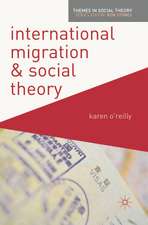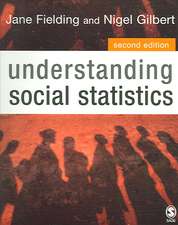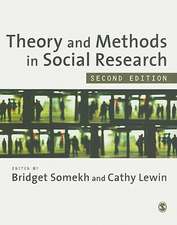Unemployment Insurance and Non-Standard Employment: Four European Countries in Comparison
Autor Janine Leschkeen Limba Engleză Paperback – 29 sep 2008
Preț: 384.86 lei
Nou
Puncte Express: 577
Preț estimativ în valută:
73.67€ • 80.04$ • 61.92£
73.67€ • 80.04$ • 61.92£
Carte tipărită la comandă
Livrare economică 21 aprilie-05 mai
Preluare comenzi: 021 569.72.76
Specificații
ISBN-13: 9783531159928
ISBN-10: 3531159925
Pagini: 264
Ilustrații: XIII, 250 p.
Dimensiuni: 148 x 210 x 16 mm
Greutate: 0.34 kg
Ediția:2008
Editura: VS Verlag für Sozialwissenschaften
Colecția VS Verlag für Sozialwissenschaften
Locul publicării:Wiesbaden, Germany
ISBN-10: 3531159925
Pagini: 264
Ilustrații: XIII, 250 p.
Dimensiuni: 148 x 210 x 16 mm
Greutate: 0.34 kg
Ediția:2008
Editura: VS Verlag für Sozialwissenschaften
Colecția VS Verlag für Sozialwissenschaften
Locul publicării:Wiesbaden, Germany
Public țintă
ResearchCuprins
Theoretical background.- Labour market indicators and the occurrence of non-standard employment.- Regulation of temporary and part-time employment and reasons for using them.- Are unemployment insurance systems adapting to non-standard employment?.- Risk of job loss and the insurance situation of non-standard workers.- Conclusion.
Notă biografică
Dr. Janine Leschke completed her doctoral studies under the supervision of Prof. Dr. Günther Schmid at the Otto-Suhr-Institute of Political Sciences at the Freie Universität in Berlin. She does research on employment and social policy at the European Trade Union Institute for Research, Education and Health and Safety in Brussels.
Textul de pe ultima copertă
The importance of non-standard employment forms has increased over the last decades. Janine Leschke addresses two important questions in this regard. First, do workers with part-time and temporary contracts face greater risks of becoming unemployed than those with regular contracts? Secondly, how far are they disadvantaged in terms of access to and level of unemployment benefits? The author compares the design of unemployment benefit systems in Denmark, Germany, Spain, and the United Kingdom. After discussing the development and role of non-standard employment in these countries, she examines the relevant features of unemployment insurance systems such as hours and earning thresholds and minimum contribution requirements. Her empirical analysis shows that non-standard workers are more likely to become unemployed or inactive and are disadvantaged in their entitlements to unemployment benefits.



















